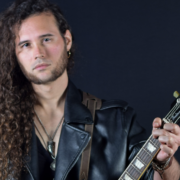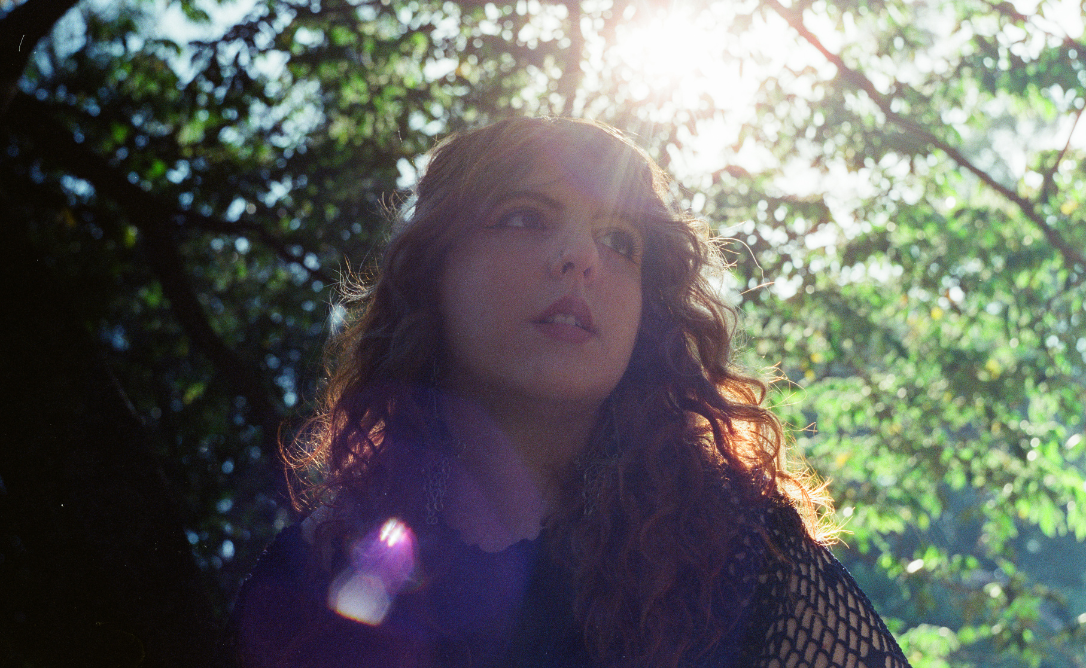
Singer-songwriter Tuany , from ABC Paulista, continues her musical journey with the release of the single “Meu Lugar,” the second part of a four-part project. Recorded during a trip to Spain and England, the song’s music video was filmed entirely on the artist’s cell phone, revealing her search for belonging and expansion. Influenced by Brazilian rock from the 1960s and 1970s, the track offers a poetic perspective on movement and the desire to find one’s place in the world.
Tuany, “Meu Lugar” emerges as the second act of a four-part narrative. What motivated you to construct your artistic journey as a kind of diary in musical chapters?
I’ve always enjoyed following stories that complement each other and make sense from a macro perspective, so I wanted to incorporate this concept into my first album, “Metamorfose.” I think this creates greater anticipation in the audience, too, that eagerness to wait for the next chapter, as if we were watching a series. Plus, the story I’m telling follows a chronological order, so the opportunity was right there, right in front of me.
The idea of belonging you bring up in “Meu Lugar” is very interesting, as if the search were also a way to arrive. For you, is the feeling of “being at home” more a matter of geography or a state of mind?
I believe both. Our home, in terms of our state of mind, can be anywhere; it will depend much more on how we feel and the people who make up that home. But, at the same time, this geography influences culturally, because, for us to feel at home, we have to culturally identify with the place where we are. It has to make sense and make our “spiritual home” a reality.
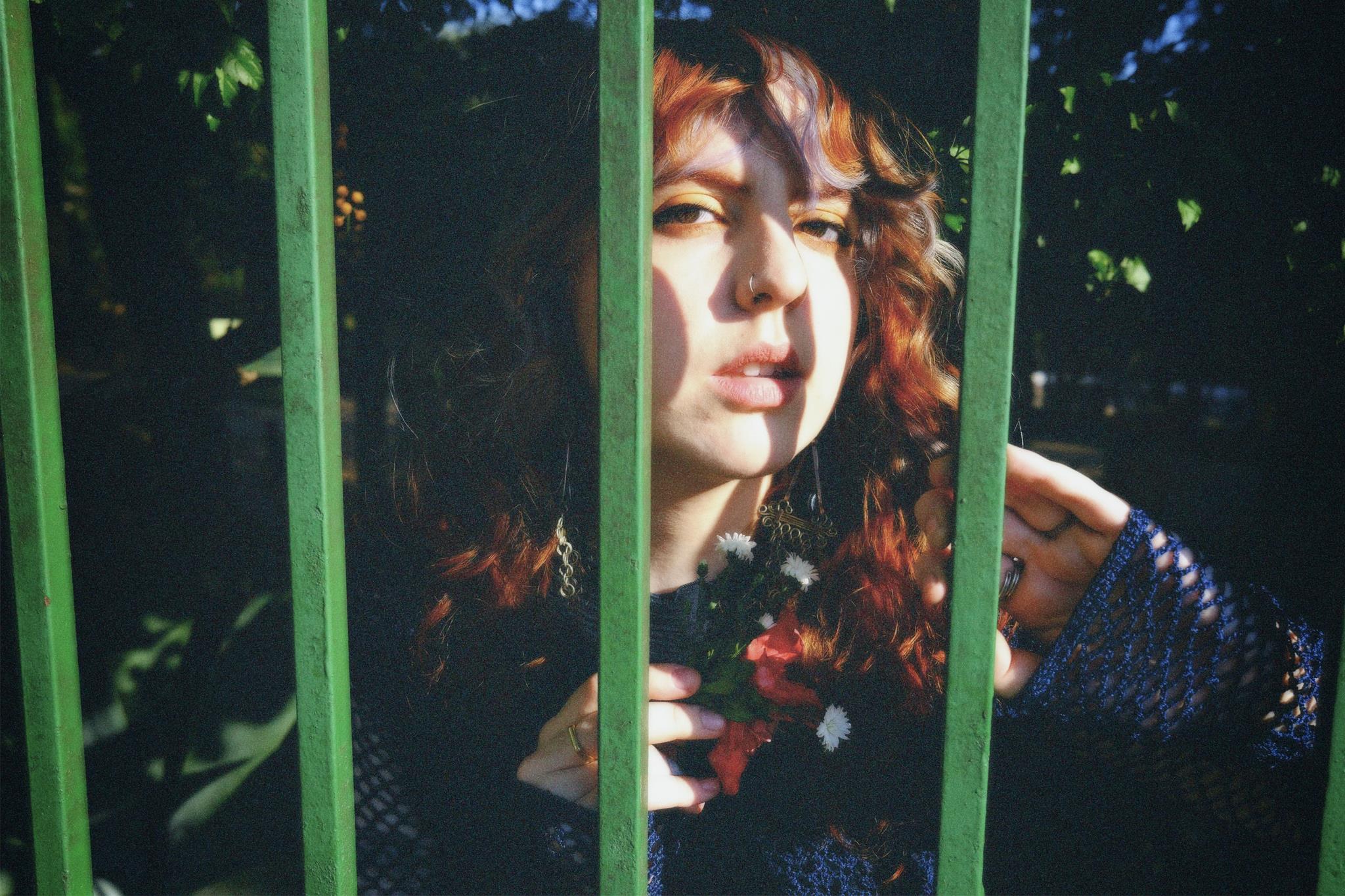
The video was recorded with a cell phone during your trip to Europe. What was it like transforming personal moments into such an intimate and spontaneous artistic record?
Even though I’m used to filming with my phone, it was a new experience. Balancing leisure time (which was a personal dream come true) with professional tasks, which often end up taking precedence over me, was a challenge. But I think because it was a more intimate moment and such a personal achievement, it brought more truth to the video. There was a script behind it, of course, but many scenes were shot as personal records, memories.
You pay homage to Brazilian rock from the ’60s and ’70s, but also flirt with modern elements, like digital samplers. How do you balance these classic influences with your current identity within the new MPB (Brazilian Popular Music) movement?
Nowadays, I believe this balance is spontaneous. I have many references, from older to more recent, and because they’re so deeply embedded in me, this blend comes naturally. I don’t hold back from experimenting with modern elements or incorporating more classic sounds. The fun is mixing everything together and creating Tuany’s sound.
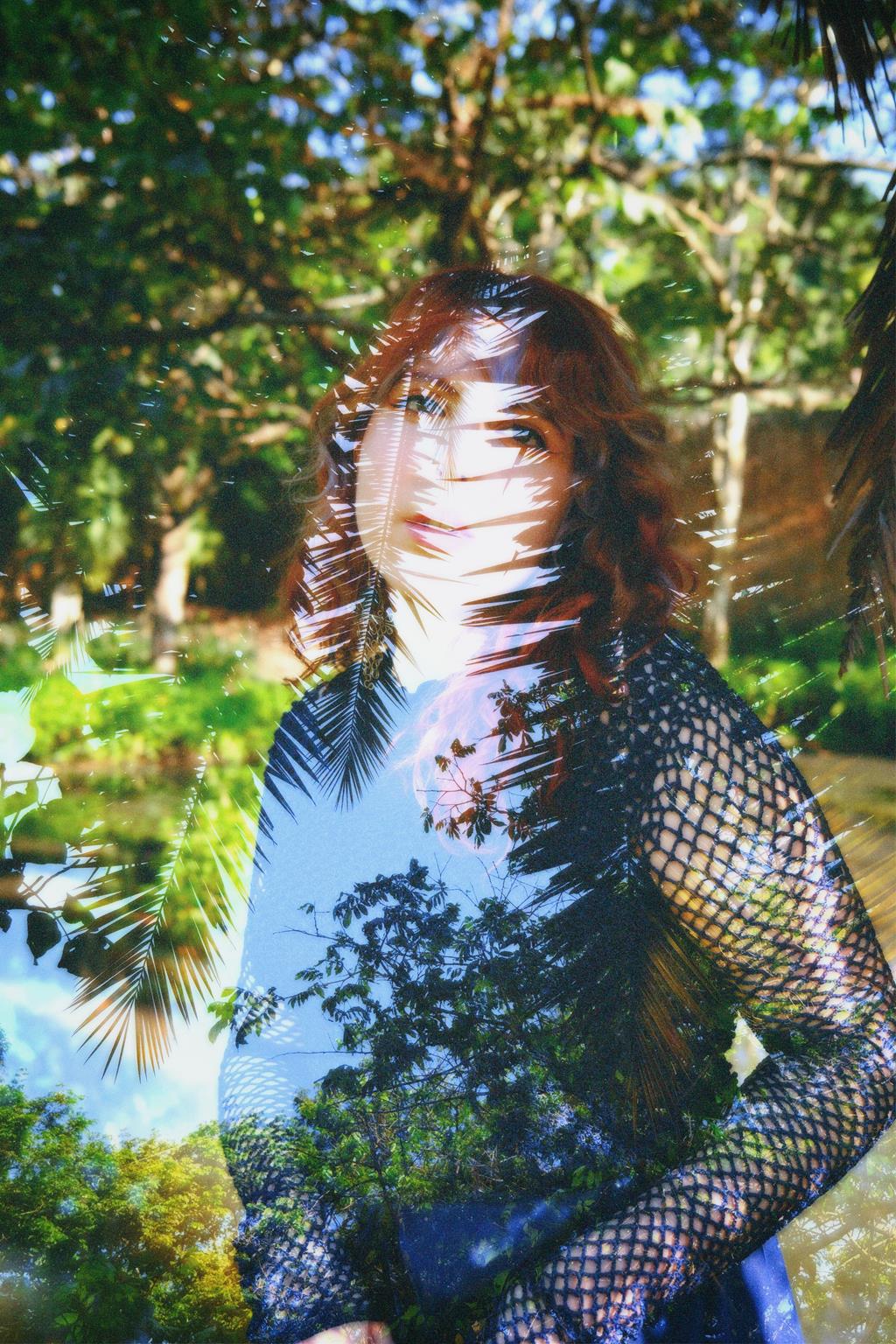
In your press release, you compare this moment in your career to a butterfly that has already metamorphosed and now decides to fly. What lessons from your personal and artistic transformation process do you take with you on this new flight?
That I have to be myself and believe in myself, in my art. We often find ourselves constantly questioning whether what we’re doing is pleasing, whether it’s right, whether it’s “trendy,” and we forget that making art, of any kind, is the most sincere and visceral expression of who we are and of the times and reality we live in. So this metamorphosed butterfly’s flight will be free, untethered, and remembering why it began to fly in the first place.
The fact that your productions are made with accessible tools, like cell phones, also conveys a message of autonomy. How do you see the power of creative self-sufficiency in the independent music scene?
It has its good and bad sides, like everything in life. I think it’s incredible that a cell phone can give me the independence to record and edit a music video at no cost, using only what I have on hand. But when we look at it from another angle, we see the precariousness of this artistic work and the alarming growth of AI, trying to replace human labor. Self-sufficiency will never be complete, much less a substitute for the work of specialized people. I love recording my music videos with my cell phone, and I encourage people to do so because it’s better to do it with the tools we have than to not do it at all. But it will never replace the work of an audiovisual team, for example. Ultimately, it’s a matter of budget and not giving up on the work.
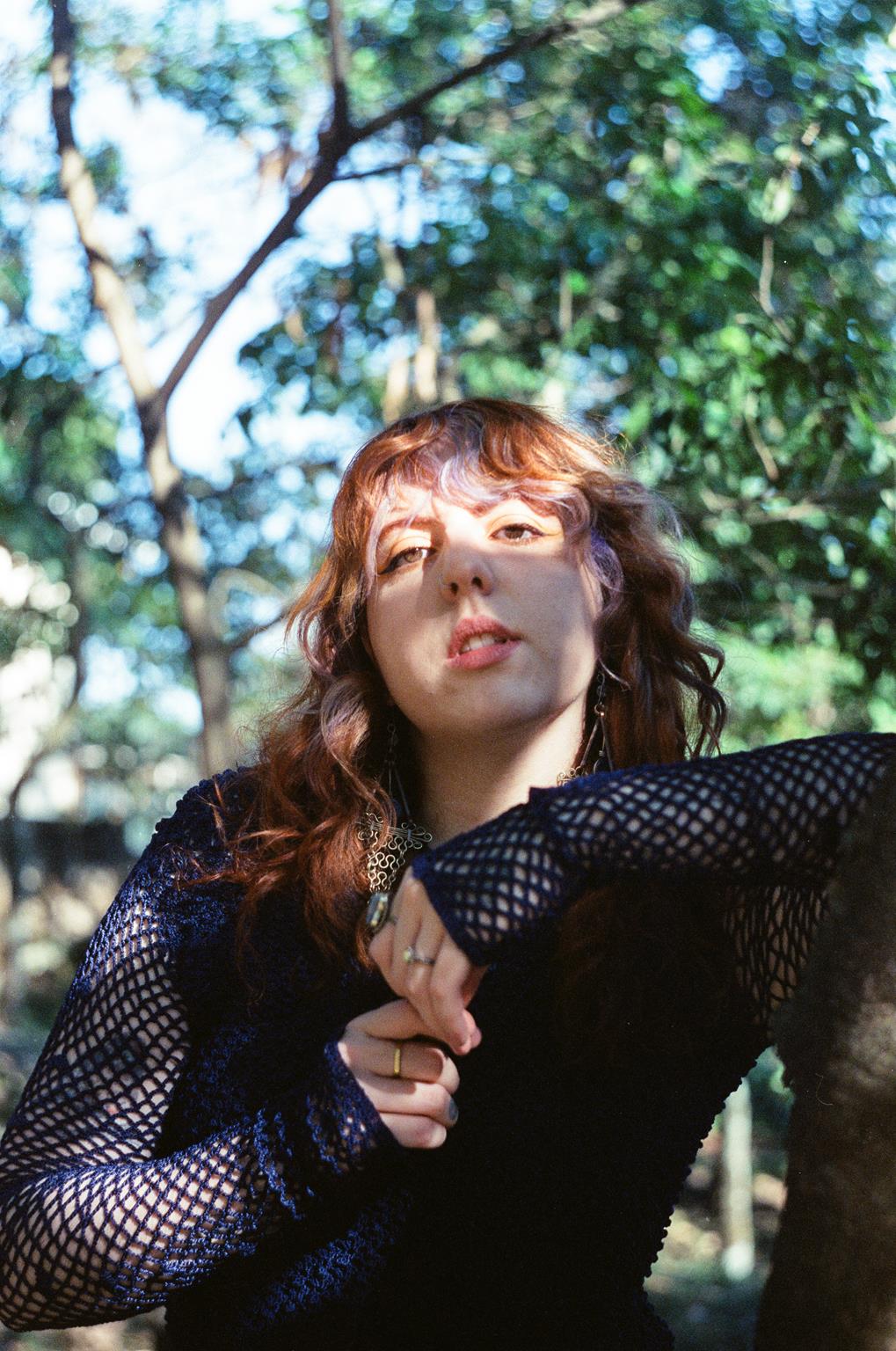
Your work blends sound, lyrics, and image in a cohesive way, but you make a point of keeping everything fluid, like an ever-changing journey. How do you manage audience expectations amid this creative freedom?
The audience always welcomes me and my crazy ideas, and this gives me space to experiment more. And you know, I’m really happy to hear people say that I have my own visual and sonic identity, even while experimenting and seeking changes. This shows me that I’m being myself and sincere with my art.
Your friendship with artist Camila Sanchéz was essential in making the music video. How do these connections influence your creative process? Do you feel your songs are born more from encounters or from introspection?
I can say I’m friends with everyone I work with, and that’s a privilege. The team I work with today has been building since 2020, and in the process, it was almost impossible not to develop strong friendships. These are people who believe in my work, who dream alongside me, and who trust in my music. This inspires me to always give my best and surpass myself, for myself and for them.
I’ve discovered I’m a more introspective person than I imagined, so my compositions always end up leaning towards that side. Even when it’s a worldly topic, I tend to close myself off with that subject, let it mature within myself, and then create something that truly means something.
Follow Tuany on Instagram


